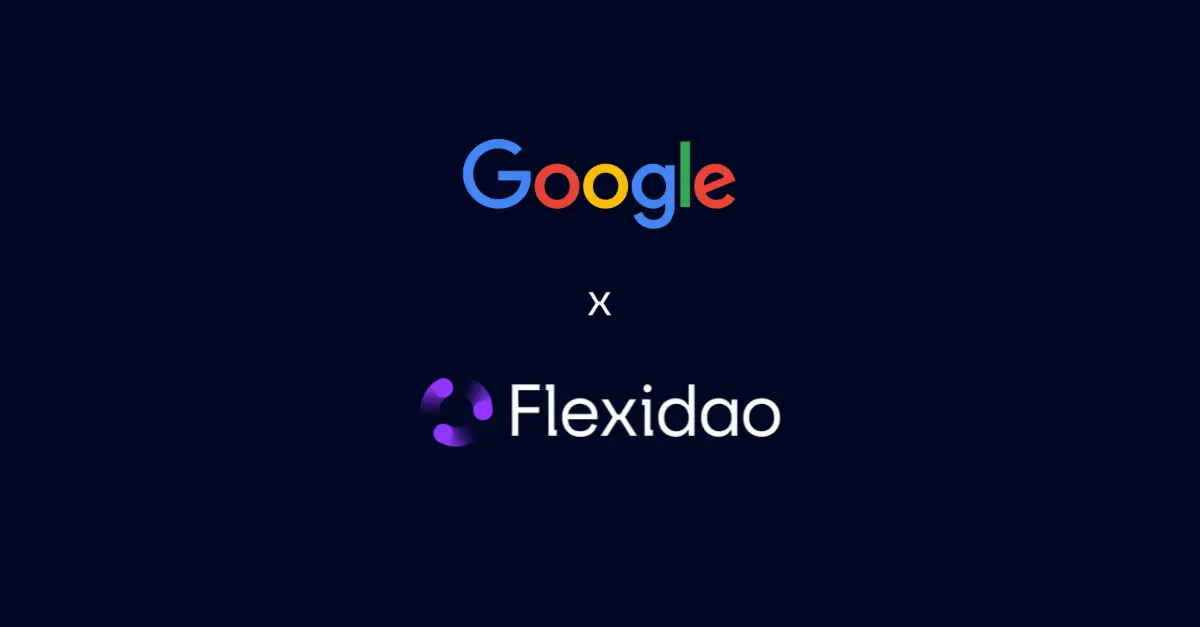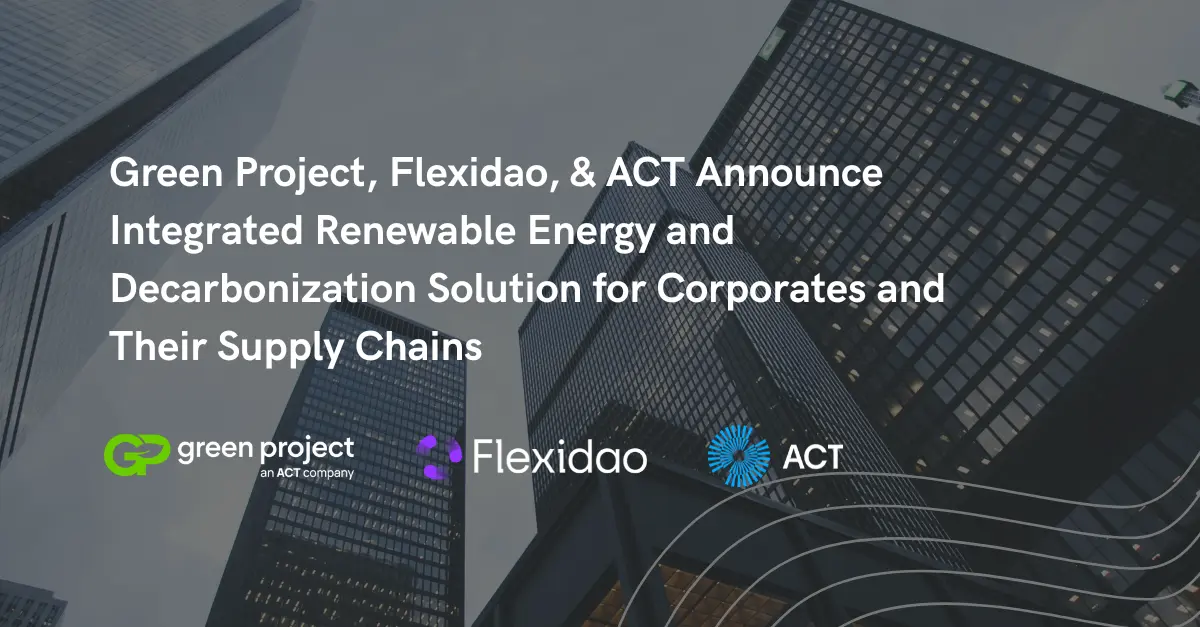What is CDP Reporting: Carbon Disclosure Project Explained
What is CDP Reporting: Carbon Disclosure Project Explained
Understand CDP reporting and Section C8, and how our energy data management system can streamline your reporting process.
CDP Meaning
The CDP (Carbon Disclosure Project) is a global non-profit that helps companies, cities, and states disclose their environmental impact, driving transparency and sustainability.
Importance of the CDP Reporting
Carbon Disclosure Project reporting is a crucial tool for corporate sustainability in today's business environment. As investors, regulators, and consumers call for transparency, companies are now required to provide detailed insights into their environmental footprint.
Over 23,000 companies worldwide disclosed their environmental data through CDP in 2023, highlighting its widespread adoption and significance. This blog focuses on Section C8 of CDP reporting, which addresses emissions from purchased energy and its essential role in shaping corporate environmental strategies.
What is the CDP Reporting Framework?
The Carbon Disclosure Project reporting framework is designed to guide companies through the process of capturing essential environmental data and reporting it in a way that is useful for stakeholders, including investors, customers, and regulatory bodies. Structured to encourage standardized reporting on various environmental impacts, the Carbon Disclosure Project reporting framework fosters transparency and promotes environmental responsibility.
What are the CDP Disclosure Requirements?
CDP's disclosure requirements are comprehensive. Companies are typically asked to disclose information related to their carbon emissions, climate change strategies, water usage, deforestation, and other environmental risks. Companies in high-impact areas will be asked sector-specific questions along with generic inquiries. CDP’s Activity Classification System (CDP-ACS) is used to assign sector-specific questions to enterprises.
Providing detailed and accurate information is crucial for companies to achieve a high CDP score and maintain stakeholder trust.
What is a CDP Score?
A CDP score assesses a company's environmental transparency and performance, with scores ranging from ‘A’ to ‘F’. An ‘A’ score signifies leadership, showing high levels of environmental responsibility and effective sustainability practices, whereas an ‘F’ indicates that a company did not provide sufficient information or did not participate in the disclosure. This scoring helps stakeholders gauge how seriously a company takes its environmental responsibilities and measures the effectiveness of its sustainability practices.
When is the CDP Reporting Deadline For 2024?
For the year 2024, the Carbon Disclosure Project reporting cycle has several specific deadlines: The reporting window opens on June 4, 2024, and companies must have their disclosures ready by this date. The reporting window will close on October 2, 2024. Additionally, the scoring deadline for disclosures is set for September 18, 2024. Organizations must prepare their data and submissions well ahead of these dates to ensure accurate and complete reporting.

Navigating Section C8 of CDP Reporting
Section C8 is a crucial component of this reporting framework as it focuses on emissions associated with the consumption of purchased goods and services, including electricity. For organizations participating in CDP reporting, mastering Section C8 is essential. It involves detailing the emissions from all purchased electricity, heat, steam, and cooling. These emissions are classified as Scope 2, which is crucial for understanding an organization's indirect environmental impact.
Some of the questions you will need to answer are:
- What percentage of your total operating expenses in the reporting year went to energy?
- Select which energy-related activities your organization has implemented.
- Report your organization's energy consumption totals (excluding raw materials) in MWh.
For RE100 members, there are some extra questions in section C8, e.g. "outline your renewable energy purchases (MWh) by country" and "Describe how your organization's renewable electricity sourcing strategy contributes directly or indirectly to bringing new capacity to the grid in the countries/areas where it operates." A number of these questions are mandatory for RE100 members to answer in their disclosure (you can see the mandatory questions on page 6 of the guidelines here). From next year, two new requirements will be coming into play which will require RE100 members to disclose even more information on a mandatory basis in their CDP reporting. These are:
• A revised definition of a single market for renewable electricity in Europe.
• A fifteen-year commissioning or re-powering date limit on renewable electricity purchases.
How to Track and Report to CDP Accurately?
To ensure accurate tracking and reporting for CDP, companies must focus on having the right data in place. This involves investing in robust data management systems capable of handling large volumes of environmental data from various sources.
For Section C8, maintaining detailed records of all energy purchases and understanding their associated emissions is essential. Having accurate data not only facilitates precise reporting to CDP but also simplifies the auditing process for businesses. Therefore, the main guidance should revolve around ensuring the availability of accurate data, which streamlines both reporting and auditing procedures.
This is where a solution like Flexidao comes in. Flexidao assists companies in automating the collection of electricity data, which is essential for accurate Scope 2 electricity emissions reporting. With tools designed to streamline data aggregation and ensure the integrity of the data collected, Flexidao provides an essential service for companies aiming to meet their CDP reporting requirements efficiently. The platform had been designed with section C8 in mind, providing you with the answers and calculations you need to report with confidence. You can easily access and export this data to help you with the auditing process.
Streamline CDP Reporting With Flexidao
Flexidao's services are beneficial for companies looking to enhance their CDP reporting, especially when managing the Scope 2 emissions related to their electricity supply. By integrating Flexidao’s tools, companies can benefit from simplified data management, automated workflows, and improved accuracy in their environmental reporting, making the process less cumbersome.
Are you curious about how you can optimize your CDP reporting process? Reach out, and let us guide you!


.webp)





